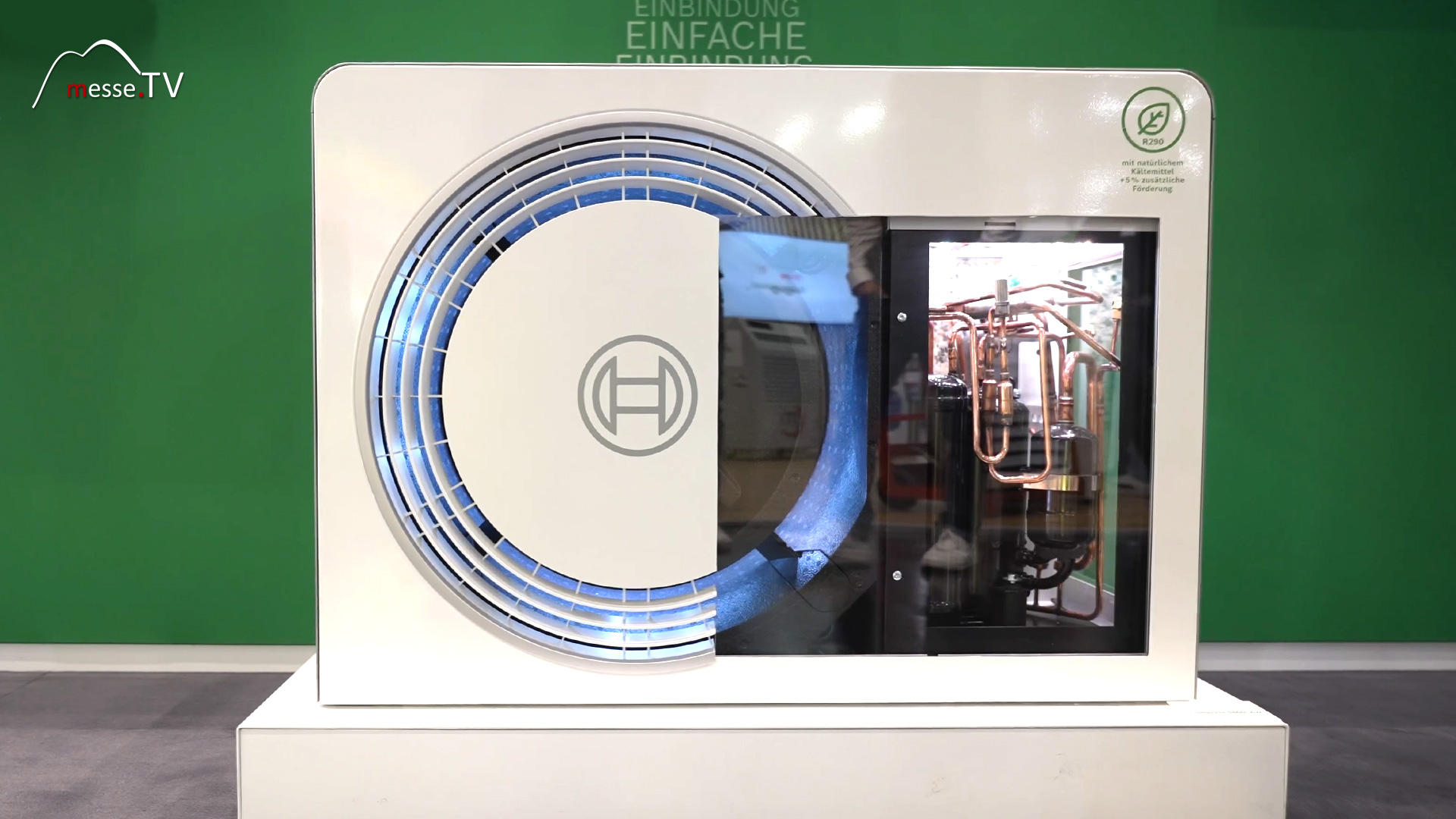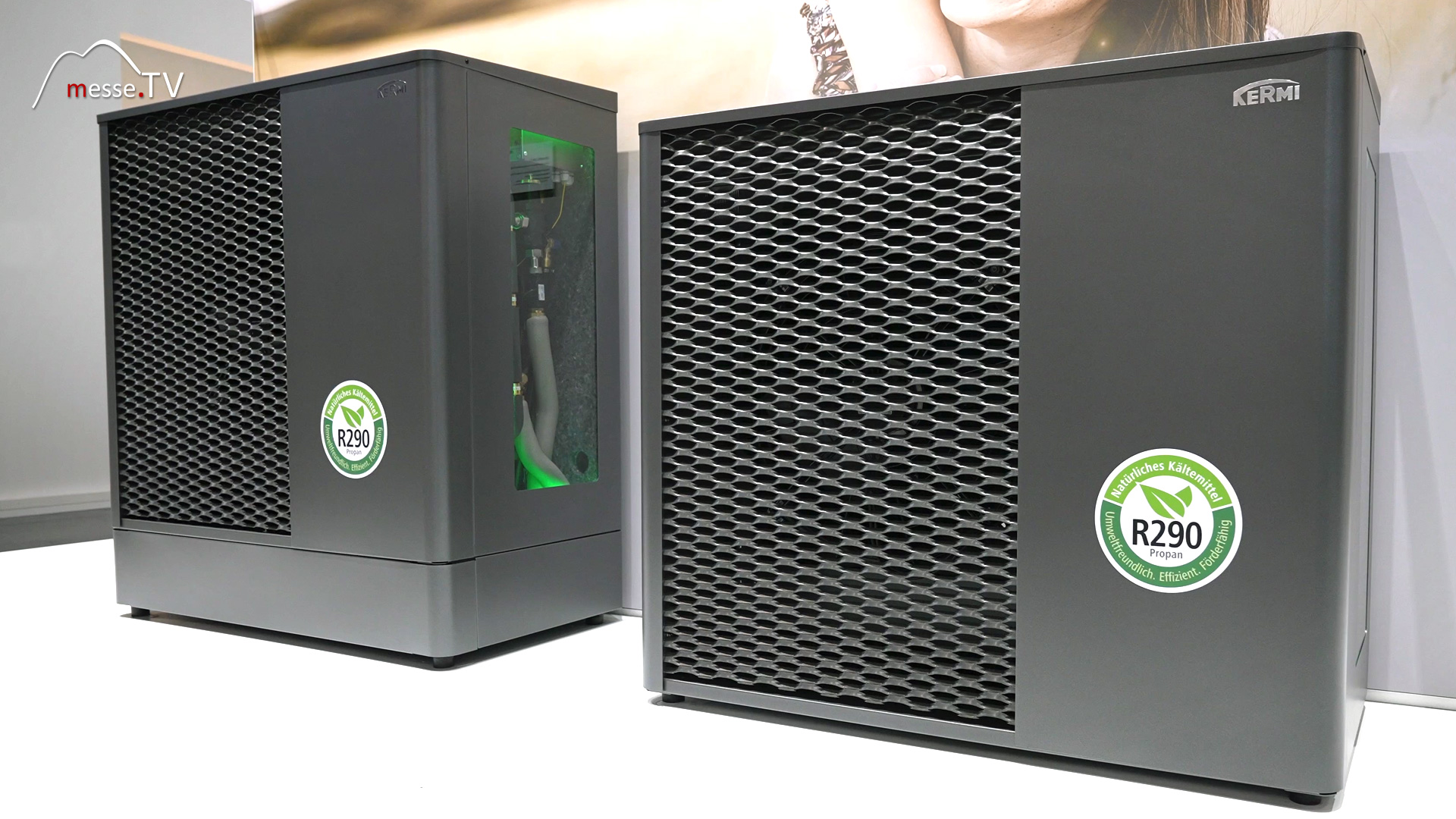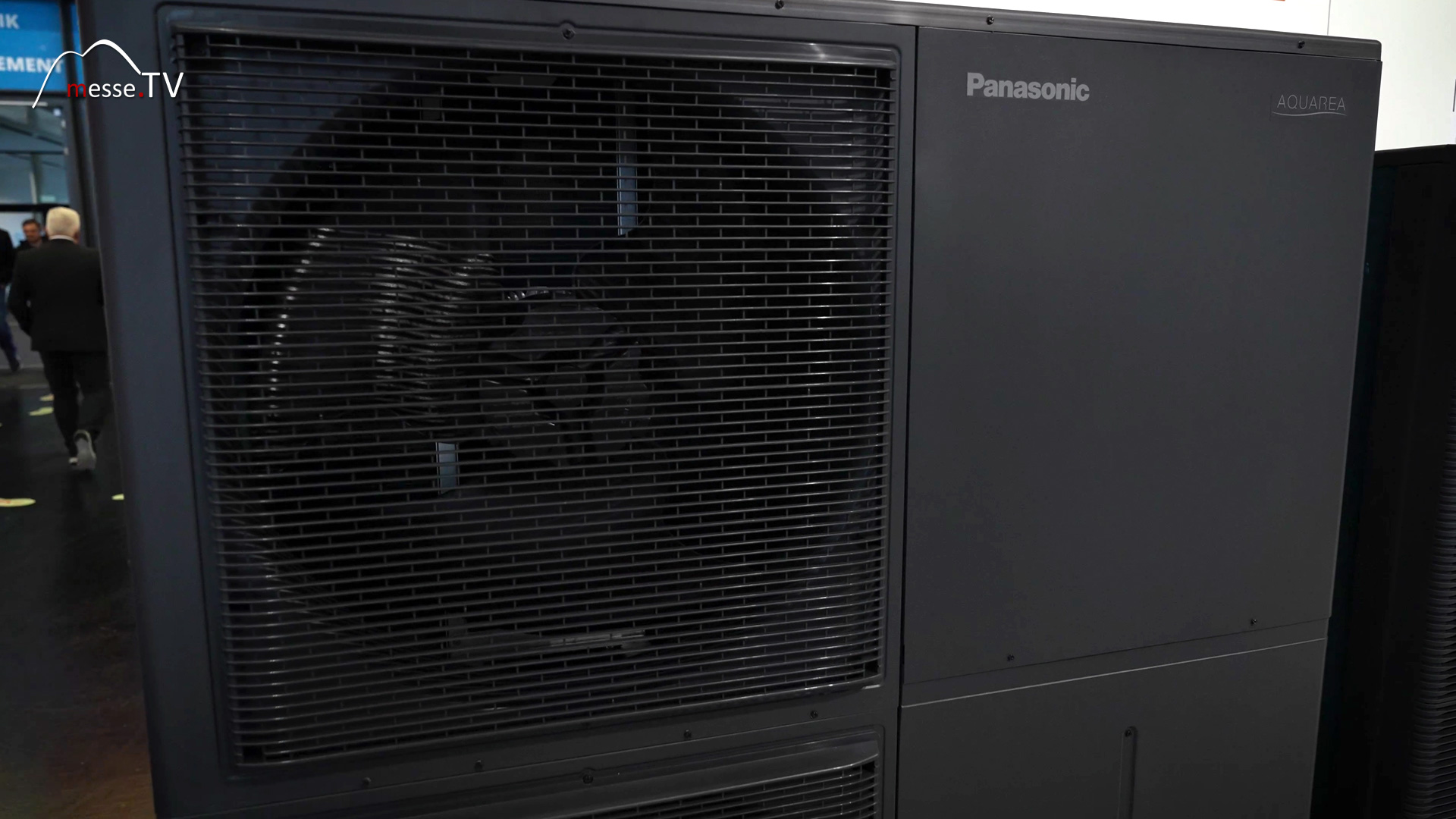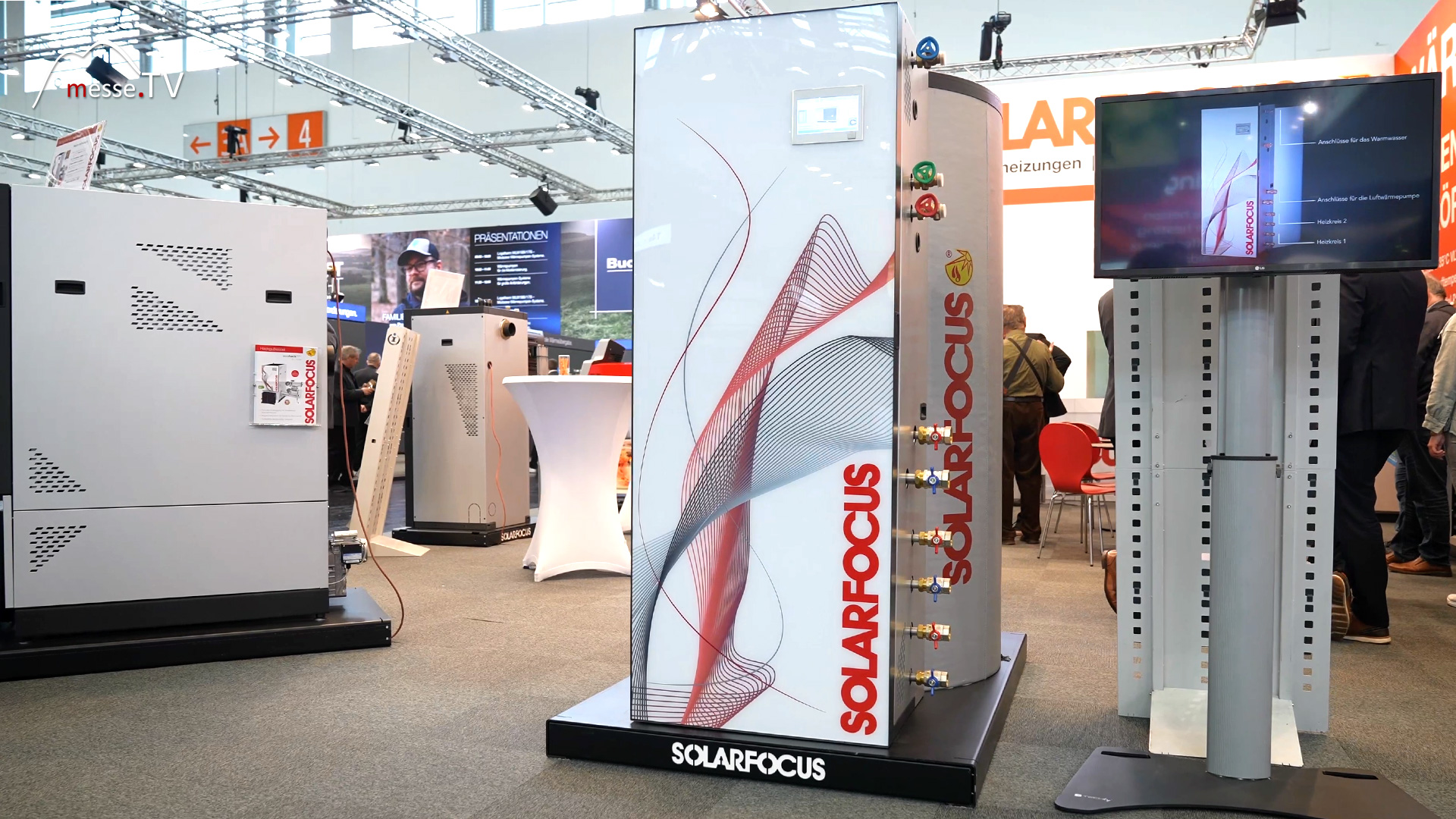Heat pumps: What you should consider!
We visited leading heat pump manufacturers and were shown the latest innovations. Find out which solutions are best suited to your needs.
1 For whom does the purchase of a heat pump make sense?
Purchasing a heat pump can make sense for many different households and building types:
- New builds: When planning a new house, it is particularly easy to integrate a heat pump as it can be optimally integrated into the heating system from the outset.
- Energy-efficient buildings: Houses with good thermal insulation benefit particularly from heat pumps as they work more efficiently the less heat is lost.
- Environmentally conscious owners: Those who value sustainability and a small ecological footprint will find heat pumps an excellent solution for minimizing CO2 emissions.
- Buildings with existing heating systems: Heat pumps can also be retrofitted in existing buildings or combined with existing heating systems to improve energy efficiency.
2 Why are heat pumps so efficient?
The high efficiency of heat pumps results from their mode of operation, in which they use environmental heat from the air, water or ground and convert it into heating energy. Compared to conventional heating systems that generate energy through combustion, heat pumps mainly use electrical energy to transport heat instead of generating it directly. This enables them to emit more energy in the form of heat than they absorb in the form of electricity. The so-called annual coefficient of performance (COP) of a heat pump is often 3 to 4, which means that it can convert three to four times the electrical energy supplied into heat. Compare heat pumps from leading manufacturers
3. Can heat pumps also be retrofitted?
Yes, heat pumps can also be retrofitted in existing buildings. There are various options, depending on the existing conditions:
- Air-to-water heat pumps: These are particularly easy to install as they do not require extensive ground work and can therefore be retrofitted in many existing buildings.
- Ground source heat pumps: These require the installation of geothermal collectors or boreholes for geothermal probes. Although this is more complex, it is feasible in many cases.
- Water-to-water heat pumps: These systems use groundwater as a heat source and require access to sufficient water resources.
4. How expensive is the purchase of a heat pump?
The cost of purchasing and installing a heat pump can vary greatly, depending on the type of heat pump and the specific conditions on site. The following price ranges can be roughly estimated:
- Air-to-water heat pumps: Between 8,000 and 15,000 euros, including installation.
- Ground source heat pumps: Between 15,000 and 25,000 euros, including the cost of ground work and installation.
- Water-to-water heat pumps: Between 15,000 and 25,000 euros, depending on the drilling and installation required.
5. Can a heat pump be combined with a conventional heating system?
Yes, it is possible to combine a heat pump with a conventional heating system. This so-called hybrid system offers several advantages:
- Flexibility: The heat pump can take on the main heating load at moderate temperatures, while the conventional heating system (e.g. a gas heating system) can also step in at extremely low temperatures.
- Optimized energy efficiency: The combination allows the respective strengths of the two systems to be used, resulting in greater overall efficiency.
- Cost savings: A hybrid system can help to reduce energy costs by allowing the heat pump to take on the majority of the heating load and the conventional heating system to be switched on only when required.



